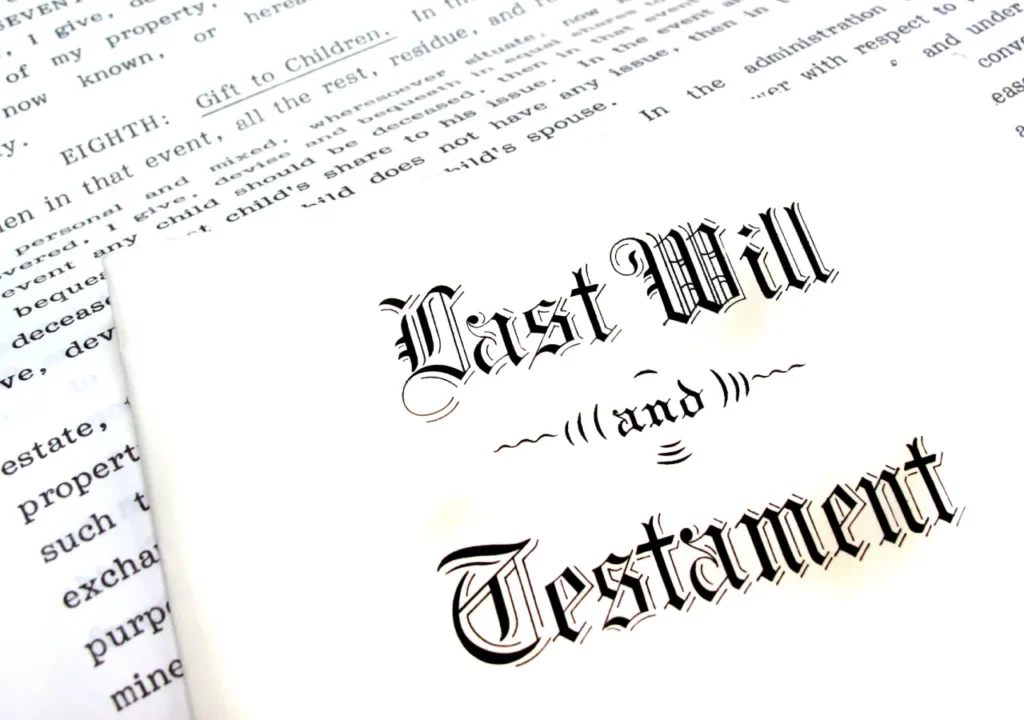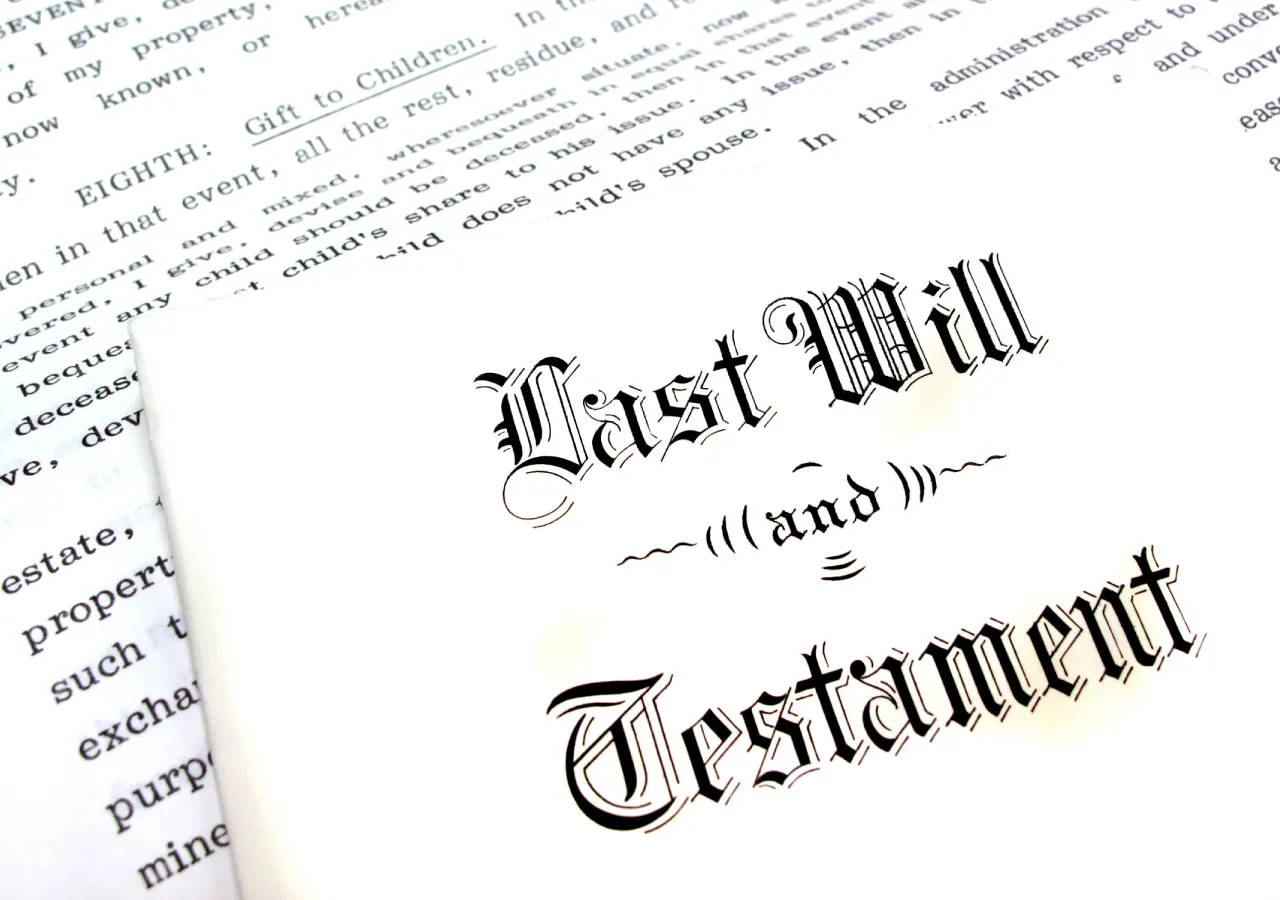
An executor is the person responsible for managing the legal, financial and personal affairs of the deceased. The role of an executor is complex, and there are many responsibilities and duties required.
Find out more about the role of an executor in New South Wales, what it involves, who can be an executor and steps that are required.
Let’s take a closer look.
What Are The Duties Of An Executor?
An executor is the person responsible for carrying out the wishes of a deceased person. They must take care of the person’s estate and manage all of the financial and legal affairs, and they must administer the estate.
The duties of an executor include the following:
- The first step is to locate the last will and establish that the will is valid.
- Make funeral arrangements and obtain the death certificate.
- Compile an inventory of the deceased’s assets, personal effects and debts, including cars, property, bank accounts, superannuation, etc.
- Protect and gather estate assets, such as putting valuable items into storage, investing surplus funds, and checking insurance against large items.
- Apply for a Grant of Probate. The order from the Supreme Court will provide the executor the authority to administer the estate. The probate registry will require several legal documents such as the will, certificate of death, executor’s affidavit and inventory of assets and liabilities.
- Provide the certificate of death to the Australian tax office, financial institutions and government departments. The executor must obtain clearance from the Australian taxation office otherwise, they may be held liable for any outstanding tax.
- Pay debts, and outstanding bills including funeral expenses and capital gains tax and complete a final tax return.
- Defend the estate against any legal action.
- Prepare a distribution report to detail the remaining assets once all the liabilities and debts are paid.
- Distribute assets to the beneficiaries as per the instructions in the will.
- Prepare a final estate administration statement for the beneficiaries.
What If More Than One Executor Is Appointed?
Co-executors can work together to administer a deceased estate. They can jointly act and divide the tasks, which can be beneficial if they have strengths in different areas. Having multiple executors means they can support each other and help navigate the process together, which can have a positive outcome.
Do Executors Get Paid?
Administering a will can be time consuming, and unless an executor payment is in the will, there is generally no payment. It is possible to apply for an executor’s commission if you are not a beneficiary in the will. The Supreme Court will determine the percentage, which is calculated between .5-3% of the value of the deceased estate. Payment can vary depending on the size of the estate and the amount of work required. The commission amount must be approved in writing by either the court or the beneficiaries named in the will.
Should An Executor Obtain Legal Advice?
An executor should obtain legal advice to help them through the administration process to ensure they make informed decisions. A will and estate lawyer can help with the following:
- Understand the tax implications.
- Explain executor rights and responsibilities.
- Manage any legal proceedings.
- Assist with obtaining a Grant of Probate.
- Ensure the deceased’s estate is correctly managed.
- Resolve claims against the estate.
- Help to compile an asset and distribution report.
Legal assistance fees become a debt of the estate and can be paid once probate is granted.
Can A Person Refuse To Be An Executor?
Only some people are capable of undertaking the duties of an executor. The role can be challenging, and not everyone is willing to take on the responsibility. If a person is nominated to be an executor in a will, they are not obliged to accept the role. In some cases, there may be another person listed in the will who can take on all the duties, or the court can appoint a person to take over.
Can An Executor Be A Beneficiary In A Will?
It is possible for an executor to also be a beneficiary in a will. For example, adult children will often be executors for their deceased parents or similarly with husbands and wives.
Having an executor as a family member can be beneficial, particularly for settling family arguments regarding the distribution of the estate, and for assuring that the person handling the deceased’s assets is trustworthy and honest.
Summary
An executor is the person responsible for carrying out the wishes of a deceased person. They must take care of the person’s estate and manage all of the financial and legal affairs, and they must administer the estate. Some duties include making funeral arrangements, applying for probate, gathering the assets and paying debts, protecting and managing the deceased estate and distributing assets to beneficiaries.
An executor should obtain legal advice to help them through the administration process to ensure they make informed decisions.
Only some people are capable of undertaking the duties of an executor. The role can be challenging, and not everyone is willing to take on the responsibility. If a person is nominated to be an executor in a will, they are not obliged to accept the role.
FAQs
How Long Does An Executor Have To Settle An Estate In NSW?
Before assets can be distributed to all the beneficiaries, the executor must complete many tasks. There are several legal documents which must be obtained, including the death certificate, will and a Grant of Probate. The process of obtaining probate can be time consuming, and there are several time frames which must be upheld. Once probate is obtained, the executor must complete the final income tax return and pay any outstanding debts and expenses. Once all of these duties are complete, the executor can distribute all the assets to the beneficiaries and settle the estate. The process can take up to 12 months, also known as an executor’s year.
Can An Executor Be A Beneficiary In A Will?
It is possible for an executor to also be a beneficiary in a will. For example, adult children will often be executors for their deceased parents or similarly with husbands and wives.
Having an executor as a family member can be beneficial, particularly for settling family arguments regarding the distribution of the estate, and for assuring that the person handling the deceased’s assets is trustworthy and honest.
How Much Does An Executor Of A Will Get Paid In Australia?
Administering a will can be time consuming, and unless an executor payment is stated in the will, there will generally be no payment. It is possible to apply for an executor’s commission if you are not a beneficiary in the will. The Supreme Court will determine the percentage, it is calculated between .5-3% of the value of the deceased estate. Payment can vary depending on the size of the estate and the amount of work required. The commission amount must be approved in writing by either: the court or the beneficiaries.

 An executor is the person responsible for managing the legal, financial and personal affairs of the deceased. The role of an executor is complex, and there are many responsibilities and duties required.
Find out more about the role of an executor in New South Wales, what it involves, who can be an executor and steps that are required.
Let’s take a closer look.
An executor is the person responsible for managing the legal, financial and personal affairs of the deceased. The role of an executor is complex, and there are many responsibilities and duties required.
Find out more about the role of an executor in New South Wales, what it involves, who can be an executor and steps that are required.
Let’s take a closer look.
 Eleni Overell who has considerable experience in Probate and Estate matters is based in Campbelltown and serving the Macarthur and surrounding areas. Holding a Bachelor of Laws from Western Sydney University, her legal expertise spans Property Law, Criminal Law, and more. A member of the Law Society of New South Wales, Eleni also actively contributes to the community through her role on the NSW Legal Aid Panel. Call Eleni for a free consultation on Executors Duties in NSW.
Eleni Overell who has considerable experience in Probate and Estate matters is based in Campbelltown and serving the Macarthur and surrounding areas. Holding a Bachelor of Laws from Western Sydney University, her legal expertise spans Property Law, Criminal Law, and more. A member of the Law Society of New South Wales, Eleni also actively contributes to the community through her role on the NSW Legal Aid Panel. Call Eleni for a free consultation on Executors Duties in NSW.